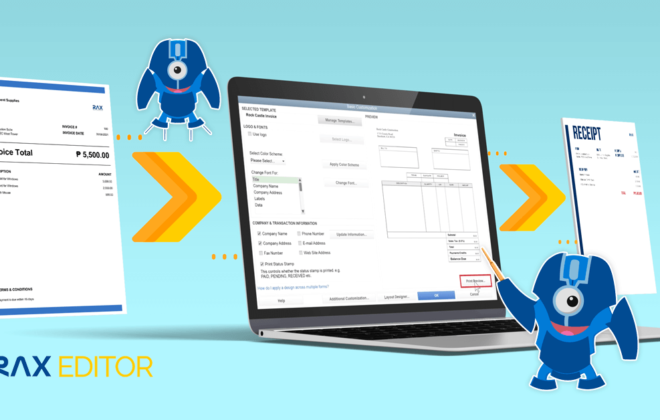Why the insurance sector should integrate software robots into processes
The global market has reported that the insurance industry is experiencing a staff shortage, can investing in robotic process automation (RPA) help address this problem?
Insurance Business, a magazine focused on the sector, said late last year that the United States was confronting “a significant challenge” in the insurance industry due to a shortage of skilled workers. Citing data from the US Bureau of Labor Statistics, it said the industry is expected to lose about 400,000 workers by 2026.
The issue has been attributed to the aging workforce, as well as regulatory shifts, and changing customer preferences.
“The industry faces multiple challenges, including knowledge and skills gaps, a broader talent shortage, and the need to adopt new technologies. If unaddressed, these could lead to competitive disadvantages, operational inefficiencies, increased regulatory risks, and difficulties in retaining customers, potentially harming the sustainability of businesses,” Insurance Business said in its report.
As this threatens the productivity of insurance companies, some of them have started integrating RPA into their workflow, seeking to improve the efficiency of their processes.
The technology has helped the insurance sector bounce back after it was affected by the global health crisis of COVID-19 in 2020.
Monstarlab previously issued a report, detailing how the industry could recover quickly with RPA in their system. As the pandemic hits how industry players manage their operations, RPA addresses these challenges: achieving efficiency and operational excellence.
With RPA, the insurance sector can gradually drop its manual and tedious process of getting clients—from accomplishing numerous forms to data gathering and processing. Software robots can also be tweaked to manage monthly billings and policy claims.
Realizing operational efficiency with the better use of resources, such as RPA, not only enhances the overall workflow and customer experience but also slashes operational costs. Cost cutting is one of the vital measures to boost profitability in a challenging business environment.
“RPA holds so much potential in reducing costs and optimising labour efficiency in insurance. There are a lot of routine and repetitive tasks in this industry. For instance, according to research from a large Japanese insurance company, 20% of tasks on the computer could be done with RPA. In countries like Japan, RPA can be an important labor force substitute at a time of declining working age population,” said Masahiro Hiraishi, Monstarlab Omnibus CEO.
Read: Key Benefits Driving RPA Implementation in Japan
Known globally, Monstarlab has made its way to the Philippine market, helping the public and private sectors in their digital transformation.
Talk to the team now to know more about how Monstarlab Philippines can fuel your insurance firms.





